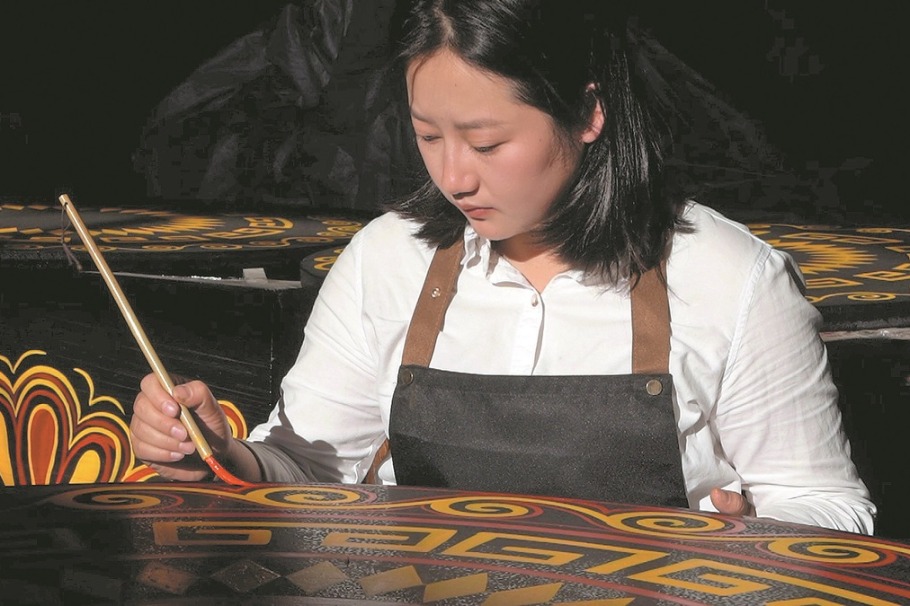Poverty alleviation through healthcare bears fruit in Tibet, Xinjiang

BEIJING -- Assistance by professionals from tertiary hospitals across China has helped health institutions in the country's remote regions of Tibet and Xinjiang improve their service capacity and management, contributing to poverty alleviation and improvement in the health of locals, a government official said Tuesday.
In each of the last five years, around 900 experts from tertiary hospitals were involved in the campaign to support hospitals in Tibet autonomous region, Xinjiang Uygur autonomous region, and the Xinjiang Production and Construction Corps, said Mi Feng, an official with the National Health Commission.
Addressing a press conference on the health sector's assistance in poverty alleviation efforts during the 13th Five-Year Plan period (2016-2020), Mi said health institutions that had received support included hospitals based in 106 impoverished counties.
China has a three-tier system to grade hospitals, with tertiary hospitals -- which have the largest number of beds and provide comprehensive medical services -- at the top of the list.
- Taiwan tea maker seeks mainland ties at cross-Strait expo
- Major progress reported in water conservation in Xizang
- China dominates list of world's top 10 science cities
- Former vice-governor of Yunnan province sentenced over bribery offences
- AI, robotics dominate China's emergency management expo
- Safety violations lead to four deaths at Xinjiang steel plant





































